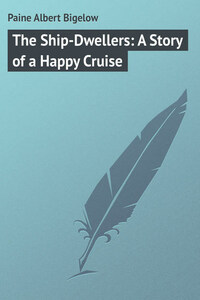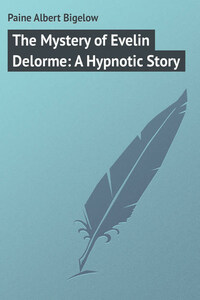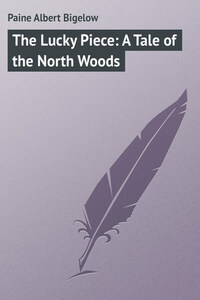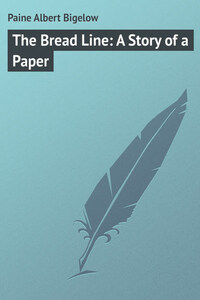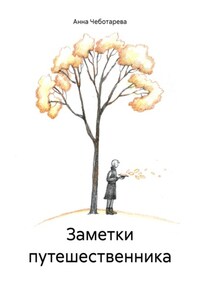It was a long time ago – far back in another century – that my father brought home from the village, one evening, a brand-new book. There were not so many books in those days, and this was a fine big one, with black and gilt covers, and such a lot of pictures!
I was at an age to claim things. I said the book was my book, and, later, petitioned my father to establish that claim. (I remember we were climbing through the bars at the time, having driven the cows to the further pasture.)
My father was kindly disposed, but conservative; that was his habit. He said that I might look at the book – that I might even read it, some day, when I was old enough, and I think he added that privately I might call it mine – a privilege which provided as well for any claim I might have on the moon.
I don't think these permissions altogether satisfied me. I was already in the second reader, and the lust of individual ownership was upon me. Besides, this was a New Pilgrim's Progress. We had respect in our house for the old Pilgrim's Progress, and I had been encouraged to search its pages. I had read it, or read at it, for a good while, and my claim of ownership in that direction had never been disputed. Now, here was a brand-new one, and the pictures in it looked most attractive. I was especially enamoured of the frontispiece, "The Pilgrim's Vision," showing the "Innocents" on their way "abroad," standing on the deck of the Quaker City and gazing at Bible pictures in the sky.
I do not remember how the question of ownership settled itself. I do remember how the book that winter became the nucleus of our family circle, and how night after night my mother read aloud from it while the rest of us listened, and often the others laughed.
I did not laugh – not then. In the first place, I would not, in those days, laugh at any Pilgrim's Progress, especially at a new one, and then I had not arrived at the point of sophistication where a joke, a literary joke, registers. To me it was all true, all romance – all poetry – the story of those happy voyagers who sailed in a ship of dreams to lands beyond the sunrise, where men with turbans, long flowing garments and Bible whiskers rode on camels; where ruined columns rose in a desert that was once a city; where the Sphinx and the Pyramids looked out over the sands that had drifted about them long and long before the Wise Men of the East had seen the Star rise over Bethlehem.
In the big, bleak farm-house on the wide, bleak Illinois prairie I looked into the open fire and dreamed. Some day, somehow, I would see those distant lands. I would sail away on that ship with "Dan" and "Jack" and "The Doctor" to the Far East; I would visit Damascus and Jerusalem, and pitch my camp on the borders of the Nile. Very likely I should decide to remain there and live happy ever after.
How the dreams of youth stretch down the years, and fade, and change! Only this one did not fade, and I thought it did not change. I learned to laugh with the others, by-and-by, but the romance and the poetry of the pilgrimage did not grow dim. The argonauts of the Quaker City sailed always in a halo of romance to harbors of the forgotten days. As often as I picked up the book the dream was fresh and new, though realization seemed ever further and still further ahead.
Then all at once, there, just within reach, it lay. There was no reason why, in some measure at least, I should not follow the track of those old first "Innocents Abroad." Of course, I was dreaming again – only, this time, perhaps, I could make the dream come true.
I began to read advertisements. I found that a good many ship-loads of "Pilgrims" had followed that first little band to the Orient – that the first "ocean picnic" steamer, which set sail in June forty-two years before, had started a fashion in sea excursioning which had changed only in details. Ocean picnics to the Mediterranean were made in winter now, and the vessels used for them were fully eight times as big as the old Quaker City, which had been a side-wheel steamer, and grand, no doubt, for her period, with a register proudly advertised at eighteen hundred tons! Itineraries, too, varied more or less, but Greece, Egypt, and the Holy Land were still names to conjure with. Advertisements of cruises were plentiful, and literature on the subject was luminous and exciting. A small table by my bed became gorgeous with prospectuses in blue and gold and crimson sunset dyes. The Sphinx, the Pyramids, and prows of stately vessels looked out from many covers and became backgrounds for lofty, dark-blue camels and dusky men of fantastic dress. Often I woke in the night and lit my lamp and consulted these things. When I went to the city I made the lives of various agents miserable with my inquiries. It was hard – it was nerve-racking to decide. But on one of these occasions I overheard the casual remark that the S. S.
